Our Mission as a Social Enterprise
- To provide the alpacas and llamas in our care with the best possible lives and the utmost care.
- To offer a welcoming new home for unwanted alpacas and llamas from all over the UK, for life.
- To provide people with hugely enjoyable and unique alpaca experiences that are accessible to all.
- To immerse our guests in the beauty of the Lake District World Heritage Site and to introduce the delights of walking to a new generation of diverse visitors.
- To share our knowledge about a fascinating species.
- To be an innovative and environmentally conscious enterprise.
- To design and make delightful, ethical and sustainable products that promote alpacas and their yarn.
Animal Welfare
The welfare and wellbeing of our alpacas and llamas is the most important part of our organisation and our work. We spend every day (and many nights!) interacting with, caring for and working for our herd. They mean the world to us and once they are with us they have a guaranteed home for life. We never sell any of our alpacas or llamas under any circumstances.
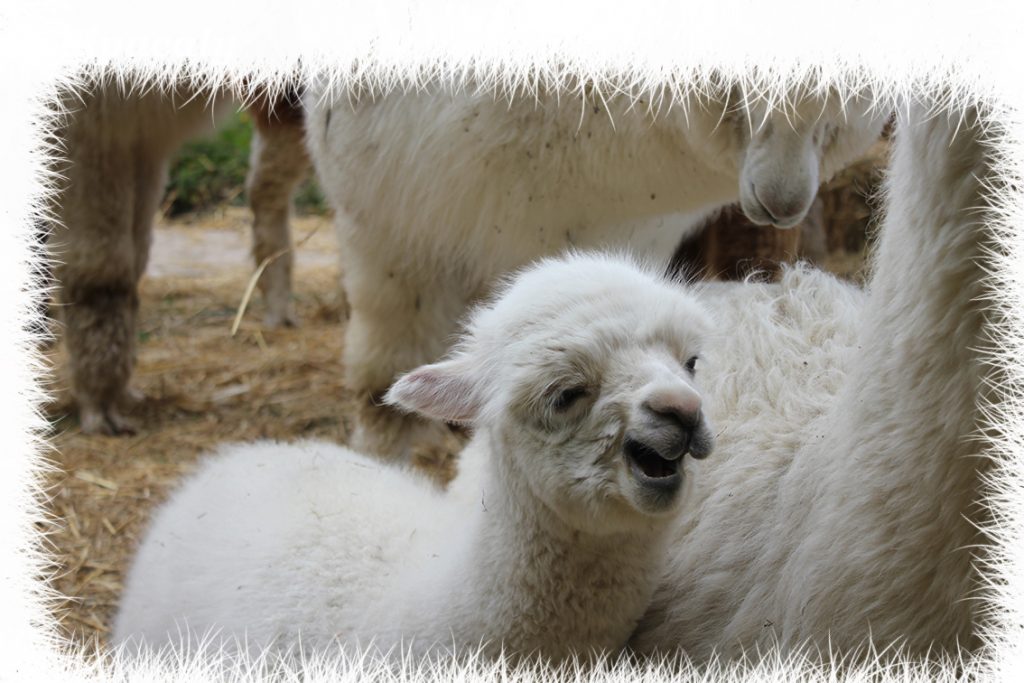
While the vast majority of the animals in our care are re-homed or rescued, sometimes we breed a small number of the girls if they are over weight or more content when pregnant. All the alpacas and llamas that we re-home, rescue or breed, are given the highest level of day to day care and attention, under the constant observation (and obsession!) of our team. They receive the highest level of veterinary care from our local RCS accredited practice Millcroft Veterinary Group with whom we have an excellent relationship. We work in partnership to ensure we are consistently providing the best possible practice in animal welfare and management.
We have taken the social enterprise approach to caring for our re-homed alpacas and llamas – as an alternative to asking for donations for their care and to fund our work with third sector organisations, we facilitate highly enjoyable (and award-winning!) interactions between alpacas and human beings.
We are dedicated to maintaining and updating our facilities and knowledge to provide for the wellbeing of the herd. This includes the construction of purpose built eco shelters, specifically designed to provide the best possible facilities for alpacas and llamas, and the development of a hydroponic fodder system so they can have fresh greens all year round.
We keep strict rules in place about the number of walks each member of the herd takes part in, and the number of people walking with them, to make sure that each walk is enjoyable for the alpacas as well as the humans – particularly the bit where they get to paddle in the lake which is always their favourite part of the day! By adhering to these rules we make sure that the majority of their day is spent simply mooching, eating, sunbathing, and generally being nosey and funny looking.
Because animal welfare always comes first (and because we are awesome), you will often see that we are fully booked , and it’s also why we are very strict about not allowing any extra bookings to be made, or additional walkers to accompany. Sorry guys!
All walks and activities are supervised closely by our dedicated and extensively trained guides who will always point out if any (human) members of the walk are behaving inappropriately or in a way that may irritate the alpacas or llamas.
We are members of the British Alpaca Society and The British LLama Society which are dedicated to the welfare of alpacas and llamas and the education of their owners in the UK. We have been accredited by their Trekking Code Of Practice.
Our Diversity Pledge
Actively promoting diversity and inclusivity is a vital part of our mission as a social enterprise. We are determined to make Alpacaly Ever After reflective of the diversity and inclusivity we want to see in the world. Inclusivity means striving to represent our diverse global community, including but not limited to race, gender, size, age, orientation, and ability diversity.
So how are we going about this?
- We are actively promoting our activities to diverse groups, providing free or subsidised activities where appropriate. If you are part of any groups you think would be interested in what we do please get in touch.
- We are actively seeking out diverse designers, makers, creators and producers that we can collaborate with. If you have a product and think it fits our business let us know by emailing us.
- We are committed to allyship and want to see this reflected in the events we choose to attend and the businesses we already work with. We will call out behaviour that doesn’t adhere to our own diversity pledge and seek to actively champion change through conversation.
- We are dedicated to fostering an online community that is a safe space for all people. We will continue to monitor our online spaces to ensure that they remain the kind and supportive places that they are. Intolerance will never be tolerated in a space we have created.
We will always endeavour to be transparent in our business practices and we are learning and listening. We want to do the best we possibly can and to continue to learn and improve, so if you have any questions, want to offer help or point us in the right direction please get in touch.
Our Shearing Process and Alpaca Yarn
We have always worked hard to make sure that our products and practices are as ethical and environmentally sound as possible. We don’t talk about it as much as we should, but we have always made it integral to what we do and what we make (and that’s why we were awarded a national Silver Green at Heart award in 2019!). We are constantly reassessing and re-evaluating the ethics of our products and materials – you can see more details in the table below.
Alpacas do not shed fleece and have been bred to have much thicker fleeces than their non-domesticated forebears, so it is necessary for their wellbeing to shear them – it stops them overheating in summer, becoming weighed down with fleece and developing skin conditions and other related illnesses. We do our shearing ourselves once a year in May or June. It is much less stressful for the alpacas to be handled by familiar humans that they trust and who understand how best to work with each individual.
Shearing doesn’t hurt or harm them in any way, but some of them don’t particularly enjoy it. This depends on their personality and whether they mind being handled – a lot like dogs getting nails trimmed or children getting haircuts! For their safety the alpacas are laid down on a mat as it’s much quicker and it restricts any unnecessary movement and possible injury. When we shear we always have one team member who they are familiar with holding their head and chatting to them to keep everything nice and calm. If we know a particular alpaca finds shearing very stressful then we will hand shear them standing up and just remove excess fleece. We also take the opportunity to trim toenails, check weight and do any necessary vaccinations at the same time so it’s a really important part of their care.
Alpacas aren’t sheared until they are at least a year old. The term ‘Baby’ alpaca yarn isn’t referring to actual babies, it just means the very best quality and softest fleece sheared from the main body of the alpaca (it’s known as ‘firsts’).
We are not alpaca breeders who breed for yarn, our purpose is primarily the wellbeing and rehabilitation of the animals in our care, and promoting the hugely beneficial interactions they have with human beings through our walks, treks and experiences. We re-home any alpacas in need regardless of their condition or fleece (we like to think of them as The Goonies of the alpaca world!), so while yarn production is not our priority, it is the reason why alpacas became the first ever domesticated animal and therefore a huge part of their heritage. Alpaca yarn is a beautiful natural fibre: it is soft, durable, luxurious and silky, it is warmer than sheep’s wool and has no lanolin, which makes it hypoallergenic. Alpaca fibre is naturally water-repellent and fire resistant. It’s pretty amazing! For this reason we feel it’s important to include alpaca fibre products in our Alpacaly gift range.
We save the fleece that we shear from our own herd for three years until we have a substantial amount to process. There are very few British mills set up for alpaca yarn production as it is very different to sheep wool (no lanolin and very silky to process) so it is quite an expensive undertaking (particularly because The Goonies don’t have the best fleece so we lose a lot in sorting!). Last time we processed our fleece we turned it into a limited edition yarn batch of natural cream and brown in 50g balls and 100g skeins. This time we are looking into making it into finished products such as rugs, or offering the washed raw fleeces to hand spinners and crafters for their own use – if you have any specific requests or ideas let us know!
As demand far outweighs what we can supply from our own herd, we did a great deal of research (which is still ongoing!) and decided we wanted to support the birthplace of alpacas and the traditional heritage of alpaca breeders. We do this by purchasing from a Peruvian based company which has several ethical accreditations including USDA Organic and fairtrade, that verify good animal management practices, along with holding the Responsible Alpaca Standard (RAS) certification. The company also supports local communities and education.
We are constantly checking the decisions we make as we grow and evolve while we try to balance our financial sustainability as a social enterprise. This means providing the best possible care to our alpacas and llamas, doing our best by the awesome people that work for us, and providing free and subsidised activities to the charitable groups we work with, while at the same time maintaining the most ethical practices. We are always open to questions and input in this ongoing quest so if you have any queries or suggestions we would love to hear from you.
Our Environmental Practices
Making the most sound environmental decisions is extremely important to us and we are proud to have achieved the Silver Level Green At heart Award for the second year running. This is a brief outline of our environmental policy and some of the key practices we have in place:
Alpacaly Ever After CIC recognises and prioritises their responsibility to manage the environmental impacts of our activities, products and services. We have assessed our activities and identified that our significant environmental aspects/impacts include: Energy, water, waste, transport, packaging.
In order to promote excellent environmental practices, our Policy regarding the environment is as follows: –
- To identify the significant environmental impacts of our activities.
- To develop suitable objectives, targets and management programmes, applying appropriate operational procedures to minimise our significant environmental impacts during normal, abnormal and emergency conditions.
- To comply with relevant legislation, regulation and other requirements relating to our significant environmental impacts.
- To prevent pollution, minimise our inputs of utilities and resources and the outputs of emissions to the atmosphere, effluents to waters/sewers and wastes to disposal facilities; endeavouring to re-use, recover or recycle materials where practicable.
- To ensure that environmental responsibilities are defined, communicated and understood at all levels within our organisation and provide appropriate training where needed.
- To ensure that suppliers and contractors understand the Company Policy and assist them in developing appropriate systems and a responsible approach regarding environmental issues.
- To communicate, co-operate and respond to the views of interested parties, including stakeholders, customers and the general public, on environmental issues, where this is practicable and likely to result in an overall improved environmental performance.
- To strive for continual improvement in overall environmental performance.
Key Highlights 2021
- Our enterprise model of working in partnership with existing sites, reduces our environmental impact by the use of infrastructures and fascilities that are already in place.
- We have undertaken a Carbon footprint report and offset by supporting Community Based Verified Carbon Reduction projects.
- The electricity at our office is supplied using biomass
- We subscribe to Ethical Consumer database to help evaluate our suppliers ethical credentials that we monitor and record.
- Our guide uniforms are sourced from the most ethically responsible outdoor companies, our T-shirts and jumpers are bamboo and organic cotton.
- All our paper and packaging supplies are recycled and biodegradable.
- All our cotton products are organic and fair trade.
- All our gift products are UK sourced where possible and our hand knits made locally.
- New gift launches 2021 – calendars printed in Cumbria 100% recycled, new range of gardening and wildlife products using a local wicker maker to produce holders for alpaca fleece nesting material, also sacks of seconds alpaca fleece for composting mulching etc, new reusable water bottles from Onegreenbottle and enamel reusable drinking cups.
- We use reusable lunch bags, bottles and cups, vegware compostable cutlery and food containers, and biodegradable compostable bags for llama and human waste on full day treks
- We have developed a hydroponic fodder system and provide hay year round to reduce grazing needs.
- We top our fields to minimise weedwiping.
- Rainwater barrels used to feed in to water troughs at sites where possible
- Camelids have soft pads so make very little impact on footpaths but to mitigate the environmental impact of llamas and humans on footpaths we donate income to Fix The Fells.
- Alpaca and llama waste is collected from grazing fields and walk routes to be composted onsite.
- Alpacas and Lamas naturally process food efficiently and are conservation grazers, they are naturally low producers of methane with very efficient food processing.
We are constantly working to advance our enviromental goals, and hope to one day have our own site to further develop sustainable farming and work practices, we will keep you posted! In the meantime if there is anything else you would like to know please get in touch :)
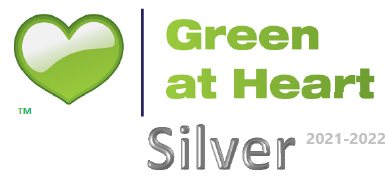
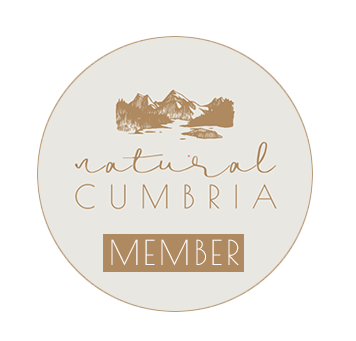
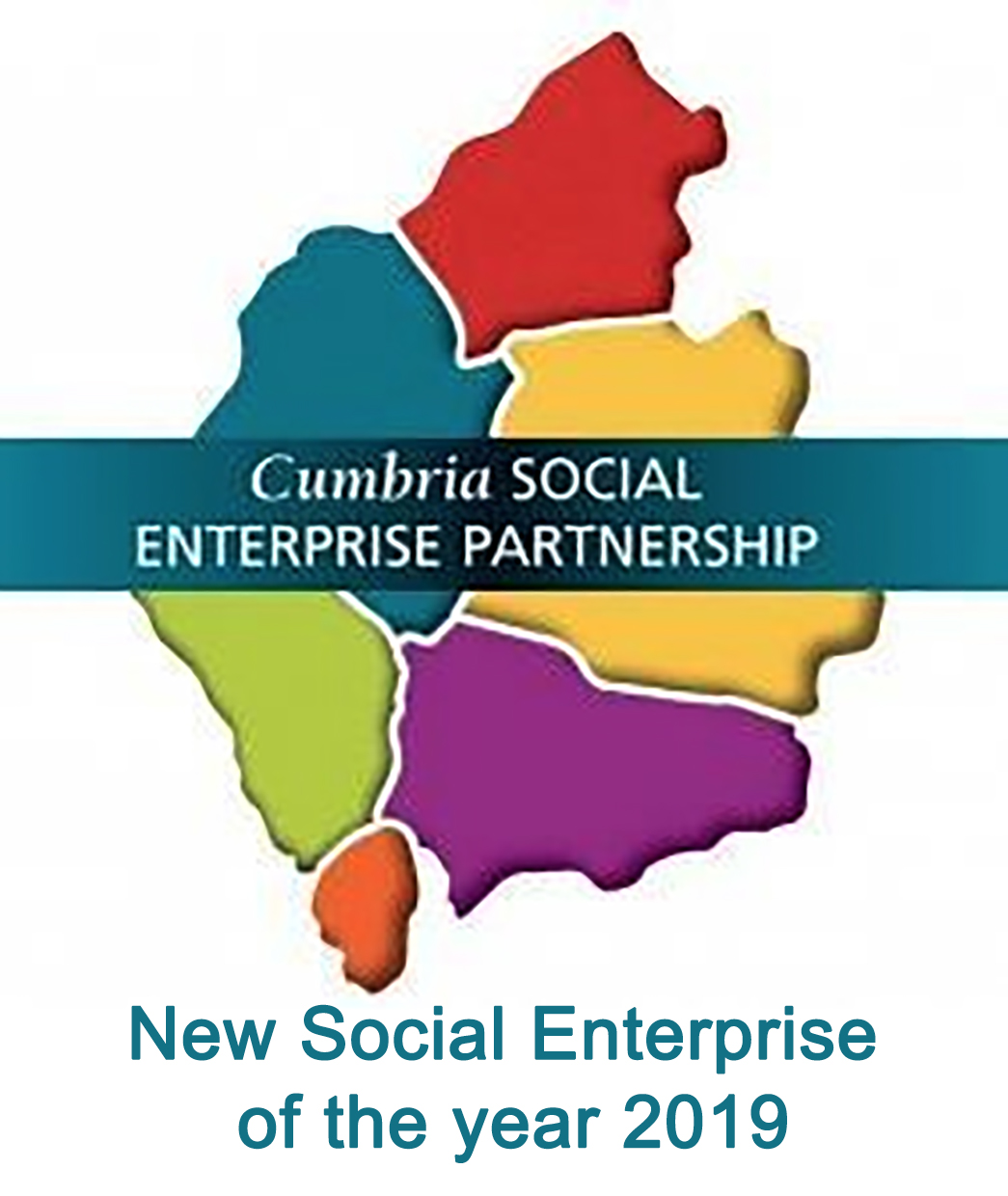

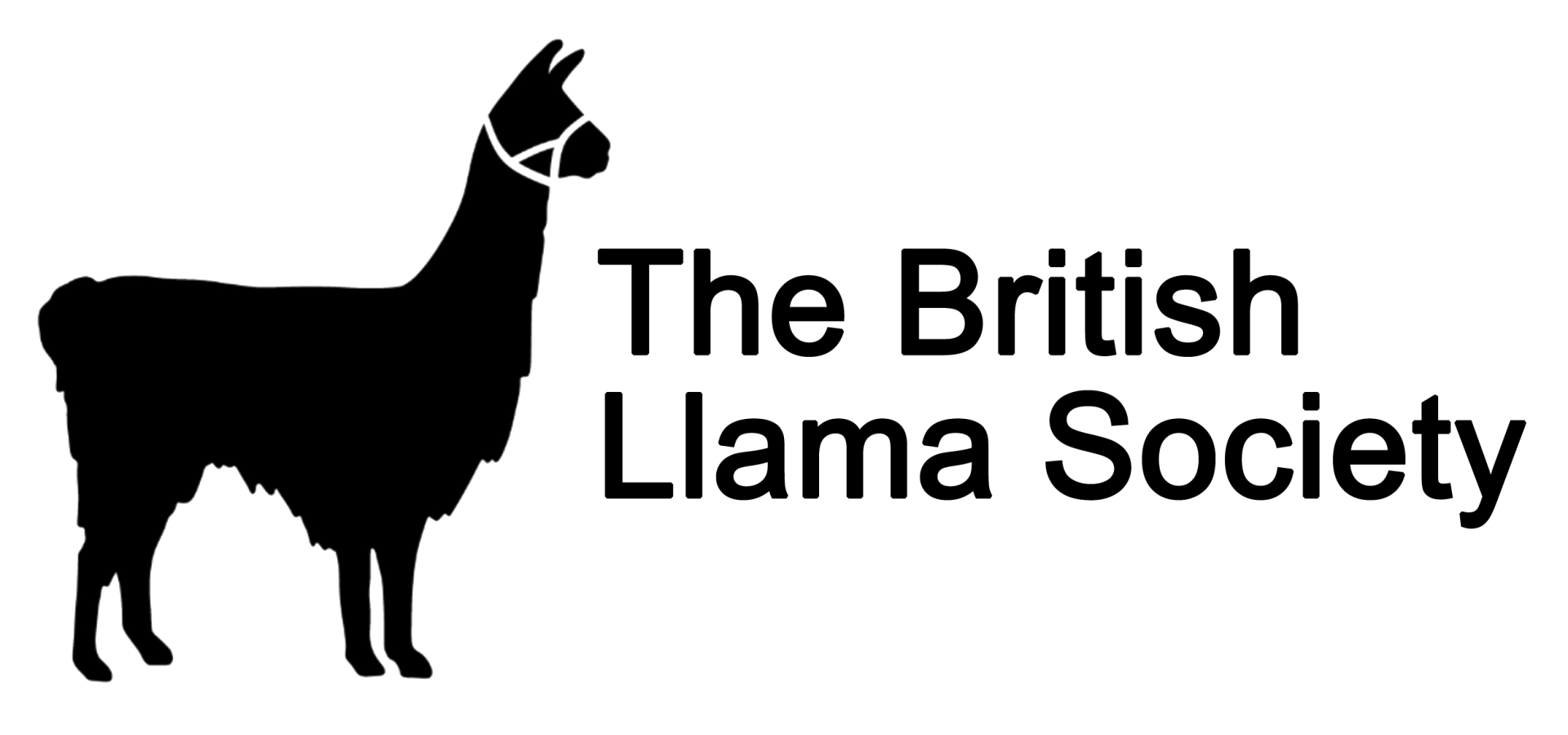
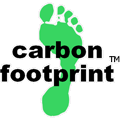







Get Social
Subscribe to our newsletter
Share your experience on social media using our hashtags #thewoollyarmy, #alpacalyeverafter or #onceuponallama and don’t forget to follow us...